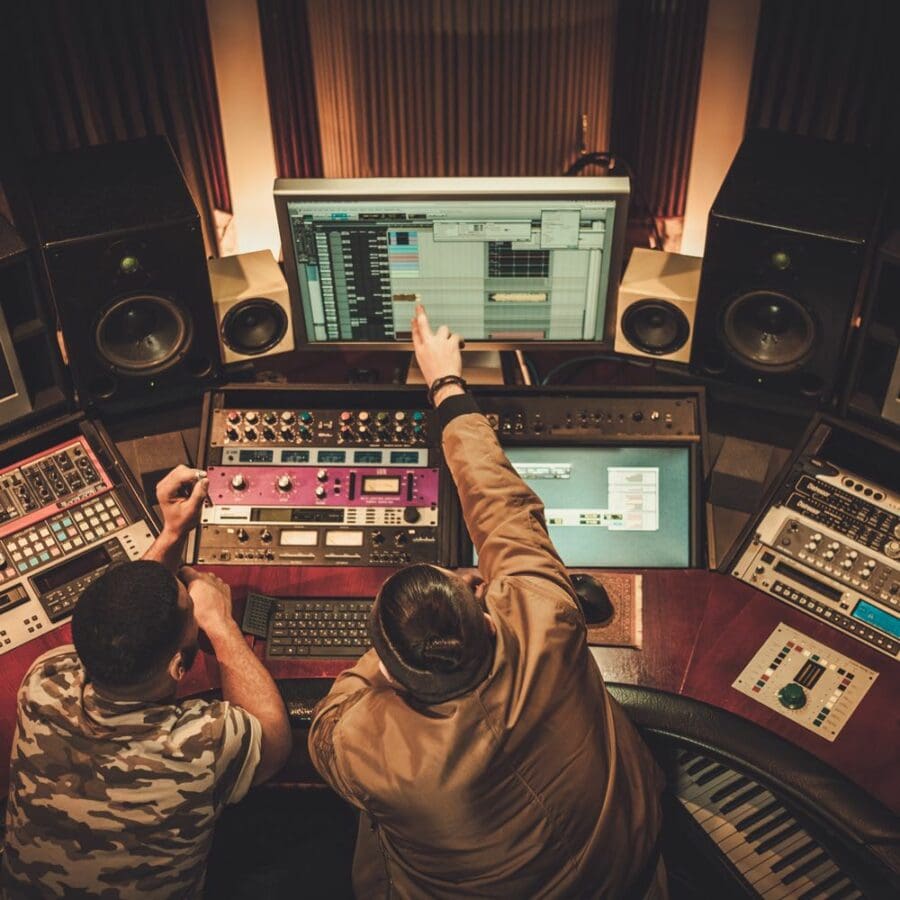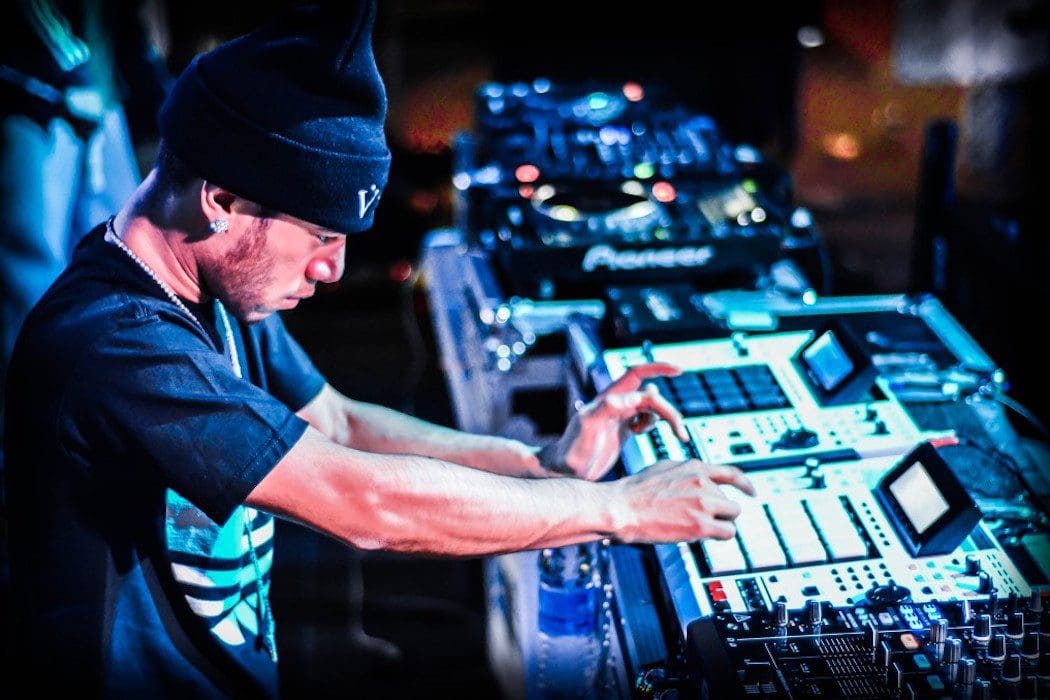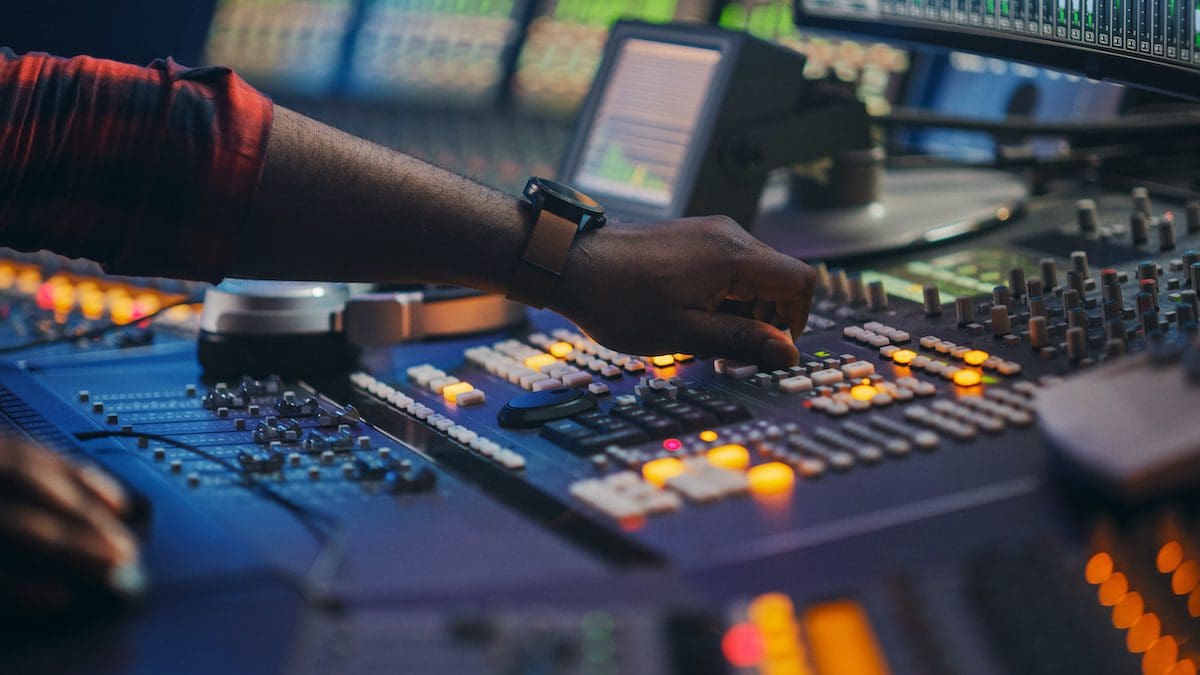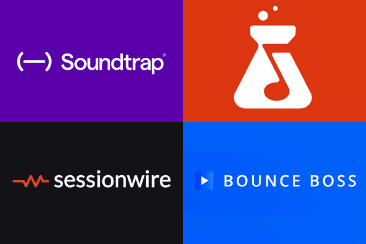What are music samples and are you wondering how to clear a sample for a song, or how do you go about sampling a song legally? If you need to clear music and need the best advice on how to do this, we will tell you all you need to know. The process is actually quite simple, but it does have some caveats, such as it being a very expensive and lengthy business so be prepared to really get stuck in and also be prepared to have to walk away without the sample being cleared to use. All of this will be made clear in this article.
What Does It Mean To Sample A Song?
First of all, a sample of a song is a small element of that song / composition that you want to use in your music. It is pre-existing and not owned by yourself, by another artist, so in order to clear a sample for music, you will have to secure the rights to use it. You will hopefully be able to use this beat or song in your own original piece of music.
Is it legal to sample songs? Yes it is, but there is a rigorous process you need to follow and you cannot just use someone else’s song or beat in your music and pass it off as your own, due to copyright laws and just out of respect for others’ work. What happens if you don’t clear a sample, then you need to head out back on that road and try to create something of your own. You will not be successful if you try to release a song with pre-recorded elements of a song by another artist in your music. It will not end well, believe me.
How Do I Clear Music Samples?
Firstly, you will need to apply for clearance for the sample early on, do not leave it too late.
Secondly, you need to know everything you can about the song you are choosing to sample from, especially in terms of how long the sample is, where you have specifically got it from and what you are intending to use it for. The times you will use it in your song makes a difference, so really go over this in as much detail as you can, because a song that uses a sample once or twice is a different case compared to as if you were to use it constantly throughout the song.
Thirdly, The master recording rights holder needs to be identified. This will be easily found online and make sure you have as much contact info as you are able to find, including their email and phone number.
Fourthly, you will then need to contact the publishing rights holder, and similarly you need to secure their contact details as well. In the U.S., these would be Harry Fox, BMI and ASCAP. And in the UK, this would be the PRS. If you are working with a music publishing service such as Music Gateway, they can ensure you are signed with one that is local to your area and take care of signing you up on your behalf. This will take out all the unnecessary stress of trying to Google all of the information yourself and then you will be a society member, so it is a win-win situation.
Fifthly, you need to contact the rights owners and negotiate a price for the beat sample to use in your music. To reach out to all of the above rights holders, you send them a copy of your track with their sample included so they can hear whether it sounds good or not. Then they will either deny or accept using their sample in your music, but if all goes well, then they will negotiate fees.
What will follow is the music publishers will ask for an upfront advance, similar to a clearance fee and also a percentage of the revenue collected from the song, which makes sense.
How long the sample is, how recognizable it is, and how many times it is used in the song will affect the percentage. Also whether there is just instrumental and vocals or both on the sample will affect this figure too. I would not expect a royalty free process, as in you receive all the royalties from your music if you are going down the sampling route.
So it is a pricey process and do not go into it lightly. Even the advance can range from anywhere between £100-£1000.
But it could be more. For one song the publisher could charge anywhere between $1,500 and $3,000 as a non-negotiable fee, plus a piece of the new copyright,” and then the label will charge several thousand dollars more on top of that.
When It Has Gone Wrong
Discovering who owns the rights to the song you are trying to clear the sample from, can be harder when you try doing it by yourself. There can be multiple songwriters for one song which are all represented by multiple publishers, so it is best to find someone to help you. And the best advice is to always get written consent to sample a song legally, verbally will not stand up in court. So you need to be thorough and use a very efficient lawyer.
The band The Verve made noise back in 1997 with their hit ‘Bittersweet Symphony’, which actually sampled a series of notes from the The Andrew Oldham Orchestra’s take on the Rolling Stones’ “The Last Time”. If you listen to the three extracts – the old Andrew Oldham version, the Bittersweet Symphony without the sample and then with, it is easy to tell the difference. There was a massive lawsuit in which Richard Ashcroft and The Verve lost a considerable amount of royalties and had to give any money secured from the song to The Rolling Stones. The orchestral sample hadn’t been fully cleared. But as of May 2019, Mick Jagger and Keith Richards gave Ashcroft the songwriting credit for the track. See how important it is to ensure the sampling of music is cleared before you use it?
Free Cleared Samples
If for any reason, you have been denied sampling licensing and you are wondering what to do next, where to find samples for beats, but maybe in an easier way, then there are free cleared samples exist on websites where they have already been pre-cleared, and all you have to do is buy and download them so then you can use them as much as you would like. These include; Citizen DJ, Tracklib, Cymatics, SampleSwap, DMG clearances and many more. They will allow you to find the sample of a song, and in a legal way.
The Difference Between Interpolation and Sampling Music
There is a similar process called interpolation which refers to re-recording lyrics or re-recording the song note by note and whereby you only need the permission of the underlying composition to be able to do this. However in the affair of sampling, you need both the permission to use the master recording and the underlying composition, hence why it takes a great deal of time to clear a sample for a beat. So don’t get them mixed up.
Further Approvals
Remember that once you have received one approval for the sample to be used in your music, this may be audio only and then you will have to contact all of the rights holders if you want to use it in a music video. Furthermore, if you want to use the music in tv or film, this will be another round of applications, so you best be ready for a lengthy process. Copyright owners are there for a reason and the original songwriter or publisher will protect the original music as best they can.
‘Sampling has definitely introduced the music to younger generations – helped the music evolve and kept it relevant.’ Phil Bailey
‘Hip-hop has survived as a sonic practice more than anything else. It’s an approach to music-making based in sampling and rhyming over beats, that’s proven far more versatile than its detractors thought it would.’ Ann Powers
Final Thoughts
Now you know how to clear a sample for a song legally and where to find free cleared samples you can use in your music. Preparation is key and don’t release the song if you are not able to clear the sample from the rights holders. Your music and reputation is far more important than releasing a song illegally, so follow our advice and you will make great music.
Are You A Musician Or Artist?
Develop your brand with artist development and get your music heard in TV and film with sync licensing and collaborate globally with other musicians, songwriters, and producers. Finally, amplify your music to those that need to hear it with music marketing, promotion and Spotify. Try all of this out for yourself by joining Мusic Gateway.






